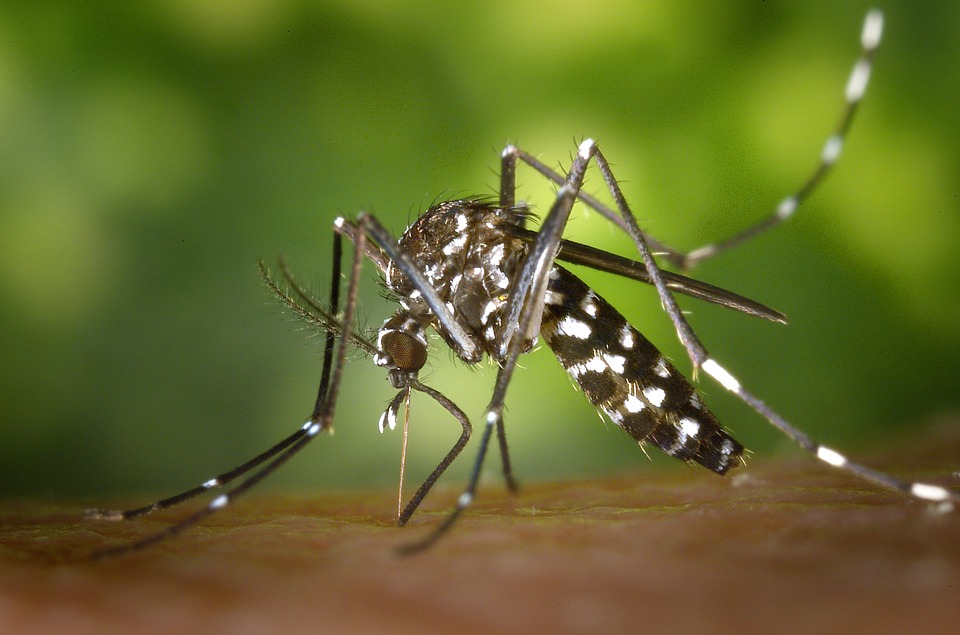
Dengue fever is a viral disease transmitted by the Aedes mosquito and is prevalent in tropical and subtropical regions around the world. It is estimated that around 390 million people are infected with dengue fever each year, making it a significant global health concern. In this article, we will explore the symptoms, causes, and treatments associated with dengue fever.
Symptoms
Dengue fever typically manifests itself after an incubation period of 4-7 days following a mosquito bite. The symptoms can vary from mild to severe and may include high fever, severe headache, joint and muscle pain, rash, fatigue, and mild bleeding such as nose or gum bleeding. In some cases, dengue fever can progress to a severe form called dengue hemorrhagic fever (DHF) or dengue shock syndrome (DSS), which can be life-threatening. Severe cases may include symptoms such as severe abdominal pain, persistent vomiting, bleeding gums, difficulty breathing, and organ damage.
Causes
Dengue fever is caused by any one of the four closely related dengue viruses (DEN-1, DEN-2, DEN-3, and DEN-4). These viruses are transmitted to humans through the bites of infected female Aedes mosquitoes, primarily Aedes aegypti. These mosquitoes usually breed in stagnant water found in containers like discarded tires, flower pots, and water storage containers. When an infected mosquito bites a person, the virus enters the bloodstream, leading to dengue fever.
The risk of contracting dengue fever is higher in areas with dense mosquito populations, especially during the rainy season when stagnant water becomes more abundant. Additionally, individuals who have previously been infected with one strain of the dengue virus are at a higher risk of developing severe dengue if they are subsequently infected with a different strain.
Treatments
There is no specific antiviral treatment for dengue fever. Therefore, medical care primarily focuses on managing the symptoms and providing supportive care. It is crucial to stay hydrated by drinking plenty of fluids and getting adequate rest. Non-steroidal anti-inflammatory drugs (NSAIDs) such as ibuprofen should be avoided, as they can increase the risk of bleeding. Acetaminophen can be used to reduce fever and alleviate pain.
In severe cases, hospitalization may be necessary. Patients with severe dengue fever require close monitoring, as they may develop complications that require immediate medical attention. Intravenous fluid supplementation may be administered to maintain fluid balance and prevent dehydration. Blood transfusions may also be necessary to replace blood loss in cases of severe bleeding.
Prevention
Prevention plays a crucial role in reducing the incidence of dengue fever. The most effective method of prevention is to control the mosquito population and prevent mosquito bites. This can be achieved by eliminating mosquito breeding sites, such as removing stagnant water and ensuring proper waste management. Individuals can protect themselves by using mosquito repellents, wearing protective clothing, and sleeping under mosquito nets, especially during peak mosquito activity periods.
Efforts are also underway to develop a dengue vaccine, and several vaccines are currently in the advanced stages of development and testing. These vaccines have shown promising results in reducing the risk of severe dengue in clinical trials.
In conclusion, dengue fever is a viral disease transmitted by the Aedes mosquito. It can cause a wide range of symptoms, from mild to severe, and in some cases, it can be life-threatening. While there is no specific antiviral treatment, supportive care and symptom management are essential. Prevention measures, including mosquito control and personal protection, are crucial in reducing the incidence of dengue fever. With ongoing research and the potential for a dengue vaccine, the fight against this global health concern continues.












